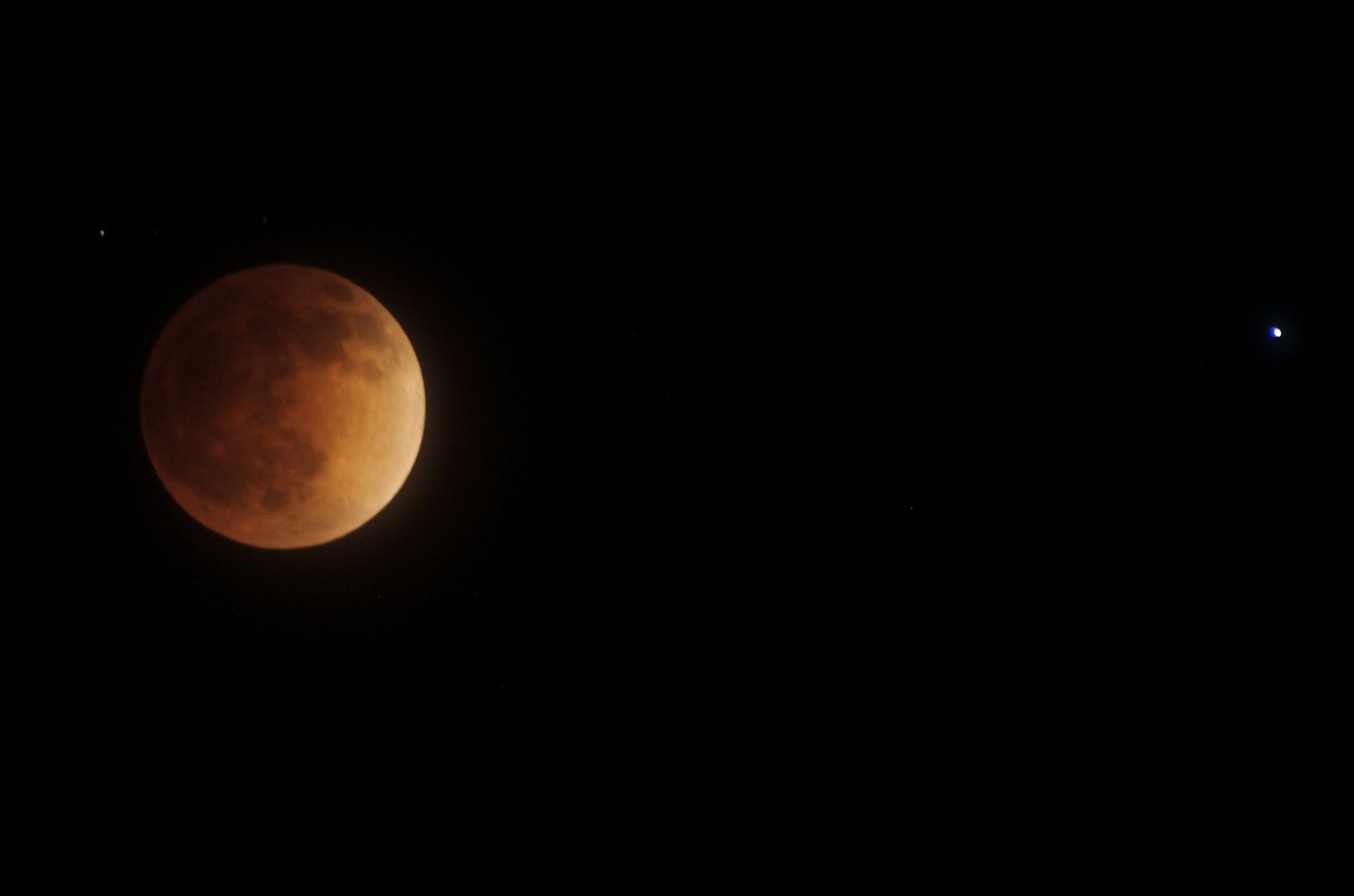Long before David Bowie ever posed the musical question, mankind has been asking, “Is there life on Mars?” After decades of research, including the unmanned Viking missions, rovers and landers, scientists still aren’t sure.
But two studies published last week suggest the answer, at least in the past tense, might be yes. Scientists have found organic matter in the Red Planet’s 3.5 billion-year-old rocks. They’ve also discovered seasonal changes in methane happening in the Martian atmosphere.
According to Keersten Siebach, a planetary geologist and assistant professor at Rice University in the Department of Earth, Environmental and Planetary Sciences, the term “organic matter” simply refers to molecules that are carbon-based.
“They’re carbon, hydrogen, and sulfur in these molecules, and those are kind of key ingredients for life as we know it,” Siebach says. “But they can also come from volcanoes or meteorites or be delivered to Mars in different ways. The exciting thing here is that we found significant or larger carbon molecules that have been preserved in the rock record for the last 3.5 billion years.”
Scientists haven’t yet been able to determine where that organic matter came from.
“Those carbon-based molecules could be a part of life, but they could also be fuel for life, if life had existed three-and-a-half billion years ago,” Siebach says.
A second big discovery is related to the methane in Mars atmosphere.
“It’s typically derived from biological activity on Earth,” Siebach says. “You can also make methane with some water or rock interactions that do not involve biology.”
Siebach says this wasn’t something they expected to see on Mars. “And that’s largely because it requires active some kind of an active cycle to produce methane, and that active cycle could involve warm water interacting with rocks. Now that could be very deep inside Mars, but to be able to see that at the Martian surface today when we think that Mars has been mostly dead for about 3 billion years, it kind of contradicts that story, it tells us maybe Mars isn’t quite as dead as we’ve been thinking it is.”
Scientists have been working the research that led to the methane discovery for 15 years.
“We first started observing little bursts of methane, and it really wasn’t until this paper, which incorporates data from the last five-and-a-half years from the rover, that we were able to show that those methane bursts occur on a seasonal basis and therefore really are intrinsic, they’re from Mars itself,” Siebach says. The seasonality is what suggests the methane is actually from Mars, rather than an outside source like a meteorite
Going forward, scientists will continue their research with the Mars Science Laboratory Rover, looking for more organic molecules in samples from the red planet’s surface. In 2020, the next big mission will be launched, which will be able to send “pinkie-sized samples of Mars” back to by analyzed in laboratories on Earth.
Siebach, who considers herself somewhat of a skeptic, says these most recent discoveries are starting to change her opinion about whether we might find proof of life on Mars.
“If there was life on Mars 3.5 billion years ago, which is really when I think it would be most likely, I always said we’d have trouble finding it,” she says. “And I’m really surprised or impressed by these findings because this is the first time we’ve shown that that really is very likely to have been preserved.”
















